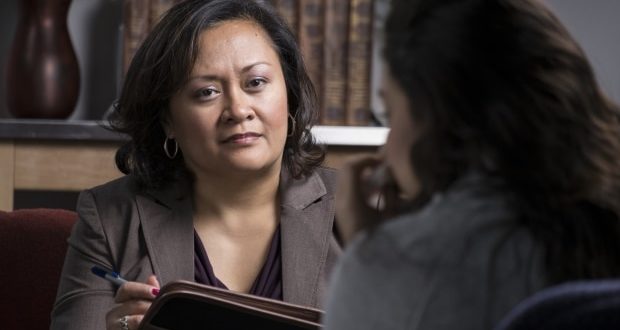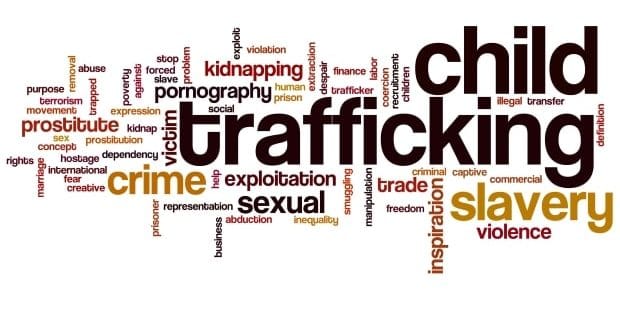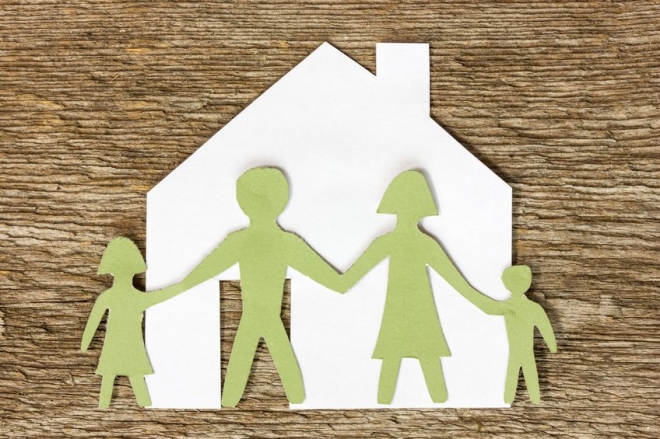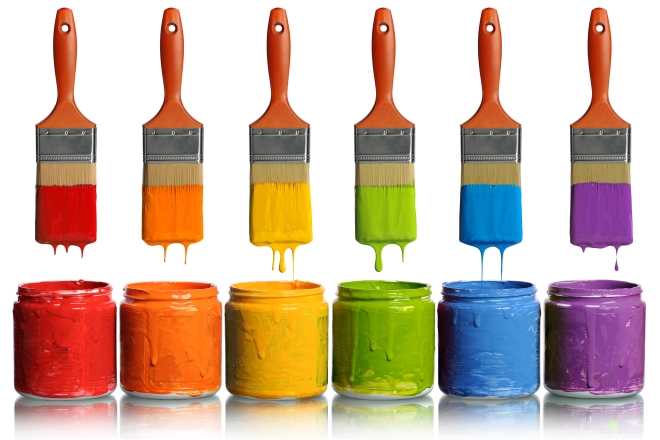Life after a divorce can be challenging to navigate, and a good therapist can help you transition to your new life. However, beginning therapy takes courage and might require a push from a concerned family member, friend, or medical professional.
Therapy gives you a safe environment where you can explore your strengths and challenges in a comfortable and meaningful way. Here are some reasons why you need therapy during a divorce.
Learn to Repair Relationship Ruptures that already Occurred
No divorce is easy because it permanently changes your relationships with everyone around you, not just family members. Working through issues with a therapist can help you understand what drove the conflict with your spouse and what new rifts are occurring with those around you as you uncouple.
Parents especially need insight so they can do their best to mitigate any effects the divorce may have on their children.
Re-establish your Personal Interests
Divorce is a time of grief and separation, but it’s also a time for growth. Therapy during a divorce can help you figure out who you are and establish goals as you move forward.
For example, a therapist can help you identify and enroll in new hobbies like yoga, writing, or learning an instrument. Perhaps you need help sorting through the steps required to enroll in school or start your own business.
Help Children Cope in the Face of Divorce
No matter how amicable or necessary a divorce is for the couple involved, there are often issues associated with informing family and friends. A therapist can help you determine the best way to tell relatives about your divorce, particularly children who might feel powerless.
Involving a therapist can help children remain resilient in the aftermath of separation and divorce.
Learn to Identify Children’s Adjustment Problems Stemming from Divorce
Children always struggle to cope in the face of divorce, especially when parents have trouble with boundaries. Depending on the level of conflict between you and your spouse, your children may benefit from third-party help to navigate the minefield.
The experts at Fine & Associates divorce lawyer say it’s imperative for parents of children who suffered abuse to receive coaching on how to repair relationships.
Establishing a Co-parenting Relationship
Communicating with the other parents involved in raising children can be filled with challenges. One of the most common challenges is to maintain a healthy perspective when communicating with children about a former spouse.
A therapist can help you establish boundaries, negotiate custody arrangements, deal with step-parents, and learn new skills for communicating with your co-parent.
Conclusion
Navigating a divorce is tricky for even the most agreeable couple. A good therapist can help you navigate through the challenges of separation and put you on the path to new goals as you rebuild your life.
Get a recommendation from an experienced friend or medical professional, and interview several candidates before you settle on a counselor. Look for someone who provides a safe environment and advice in a way that makes you comfortable.
Opening up to a therapist can be challenging, but therapy during a divorce can be rewarding if you find someone whose advice and counsel you can trust. About 50% of marriages ending in a divorce has at least one child between the two adults. Here’s how to handle a divorce when kids are involved.






